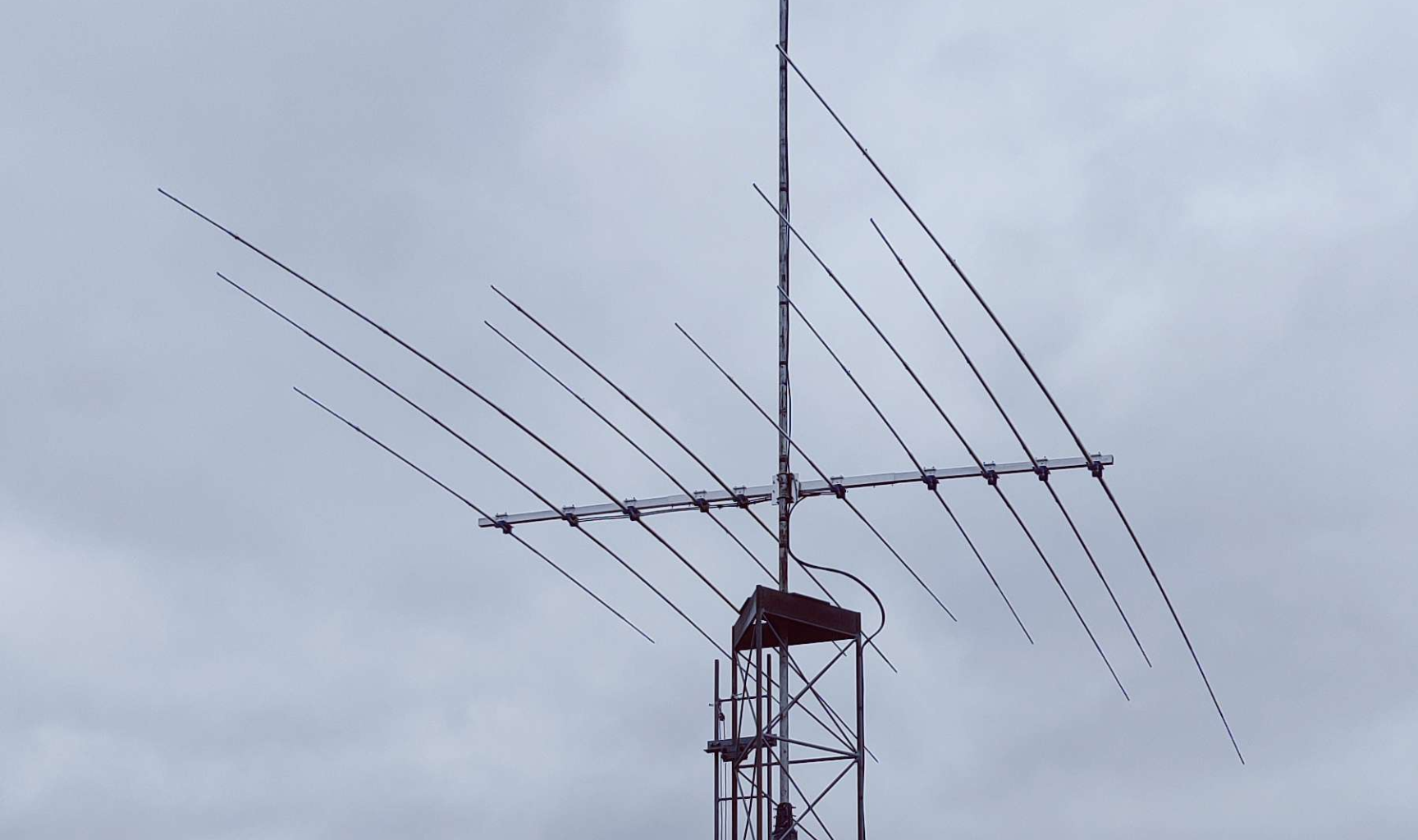


What is Amateur (Ham) Radio?
Amateur or “Ham” radio is whatever you want it to be.
An FCC amateur radio license gives it’s holder the ability to use the allocated airwaves in a respectful and responsible way for person-to-person communication.
Here are some common ways that a license is used and how people interact with the “ham” community:
- Making voice contacts around the world or just locally in your community
- Regular old analog voice
- Analog voice repeaters in your area
- Long distance contacts that bounce your signal all over the world
- Digital voice
- A digital connection to a local voice repeater
- A digital connection over the Internet
- A combination of the two
- Like connecting to an analog voice repeater over the Internet
- Like connecting to an analog voice repeater over the Internet
- Regular old analog voice
- Making digital contacts
- Making Morse code contacts
- The original form of wireless communication is still widely used today
- The original form of wireless communication is still widely used today
- IP data communications
- Emergency communications
- If an event occurs and the telephone network is down, ham radio doesn’t utilize common telecommunications infrastructure.
- ARES/RACES volunteers help communicate and coordinate with local authorities
- SkyWARN relays important weather information
- Traffic nets relay messages between different parts of the world
- If an event occurs and the telephone network is down, ham radio doesn’t utilize common telecommunications infrastructure.
- Experimentation
- Design and build
- Radios
- Antennas and their support structures
- Coaxial and other transmission systems
- Impedance matching systems
- Amplifiers
- Metering systems
- Design and build
- Competition
- Contests from organizations around the world recognize the best performing ham radio stations across many different digital and analog modes of operation.
- Contests from organizations around the world recognize the best performing ham radio stations across many different digital and analog modes of operation.
- Community
- Clubs exist in most areas of the United States and around the world (Like the MSU ARC!)
- Online communities like
- “Contacts” on a local or remote repeater can become new acquaintances
- A common hobby with people wherever you travel